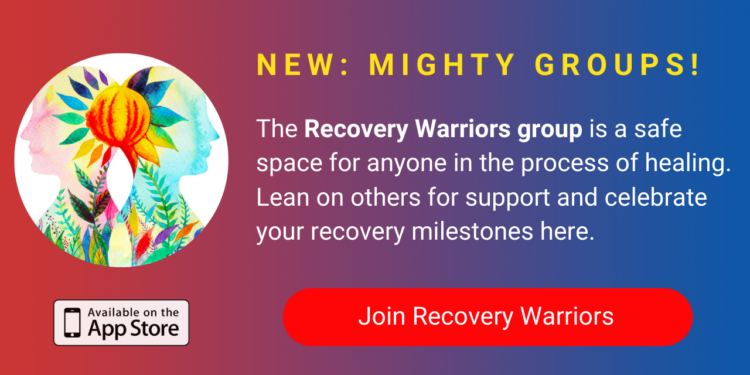One of the things that’s been difficult for me in recovery is figuring out how to ask for (helpful) support from the people I love. Communicating my disorder and my recovery is difficult, and I couldn’t find a resource online that really hit the nail on the head in terms of what I wanted people to know about my eating disorder and my recovery. After a dozen Google searches I found facets I liked from different articles, but I also wanted to supplement.
Here is a guide I compiled to share with my family members and close friends who want to be supportive of my recovery:
1. Educate yourself.
Eating disorders are very individualized, and it goes far beyond the actual food. Take it upon yourself to learn about different types of behaviors, some common core issues, and what recovery looks like: especially when it comes to rejecting diet culture, embracing intuitive eating and letting go of perfectionism. Also, recognize that eating disorders serve a purpose, and you cannot expect a person to give up their only coping mechanism without something to replace it, even if it isn’t a sensible one.
2. Set a positive example.
Pay attention to the way you talk about your body and your eating/exercising habits. Instead of triggering someone, you can help to model the tenets of recovery.
3. Make mealtimes fun.
For many, mealtime support is important for modeling and reducing anxiety around food. You can help by making mealtimes fun, or at least less stressful. A good distraction goes a long way.
4. Call out behaviors.
Eating disorders affect every part of a person’s life, so it can be hard for them to always recognize eating disorder behaviors and thoughts, let alone challenge them. You can help be that healthy voice and avoid normalizing the disorder further.
5. Offer (healthy) suggestions.
People with eating disorders often are black-and-white, all-or-nothing thinkers when it comes to their disorder. You can offer alternatives and suggestions, as long as they don’t reinforce eating disorders and make a step in the right direction! If you’re not sure if a suggestion would be helpful or not, ask.
6. Promote self-esteem and unconditional love.
Many people in recovery struggle with their self-image, feeling “enough,” letting go of control and making healthy, trusting connections with the people and opportunities in their lives. Continue to show up, making an effort and support the psychological aspects of recovery just as much as the physical.
7. Ask what their specific goals are.
Most people in recovery will have at least one or two specific goals they’re working on at any given time, whether that’s daily, weekly or more long-term. Others may have a list of foods, rules, rituals, habits or thought patterns they’re working on addressing. Ask! By focusing on one part of recovery at a time, things can seem less overwhelming.
8. Take a walk in their (recovery) shoes.
Sometimes, people in recovery will have specific social media accounts, songs, mantras, books or other helpful habits they will use to help reach their goals. Consider adding some of these items into your own rotation; it will give you some insight into their journey that maybe they aren’t always able to communicate themselves. Here are a few social media accounts to get started with: @neda; @projectheal; @thefuckitdiet; @ownitbabe;
@no.food.rules; and #antidiet.
9. Set boundaries.
It is not your job to fix anyone’s mental health condition. It is not your job to be the food police, the recovery police or anything of the sort. Know your role, and know when it’s best to pump the brakes and suggest they bring something up with their therapist, dietician or other provider.
10. Make space for other things.
Along those lines, it is possible to be too supportive. No one in recovery wants to feel like their every conversation, relationship and movement is being analyzed and related back to their eating disorder. Continue to develop your relationship outside of the person’s recovery, and avoid bringing it up at every opportunity. In a word, be cool.
11. Be patient.
Recovery is a long road full of ups, downs, setbacks and successes. This will not happen overnight. Expecting quick changes or anticipating continuous improvement is frustrating and unlikely.
Recovery is also hard, emotional work; be prepared for a range of emotions, and try to hold space for negative ones. Have patience and learn to have hope, even when it feels like they’re on a backslide.
It can be overwhelming to support someone in eating disorder recovery, especially if you don’t entirely understand the condition in the first place. Above all, be curious, be present and be patient. Opening up to someone about being in recovery can be intimidating, but I and others certainly appreciate having someone to turn to, especially when they’re educated. If you’re reading this, you’re doing great already.
Getty image by prezent


